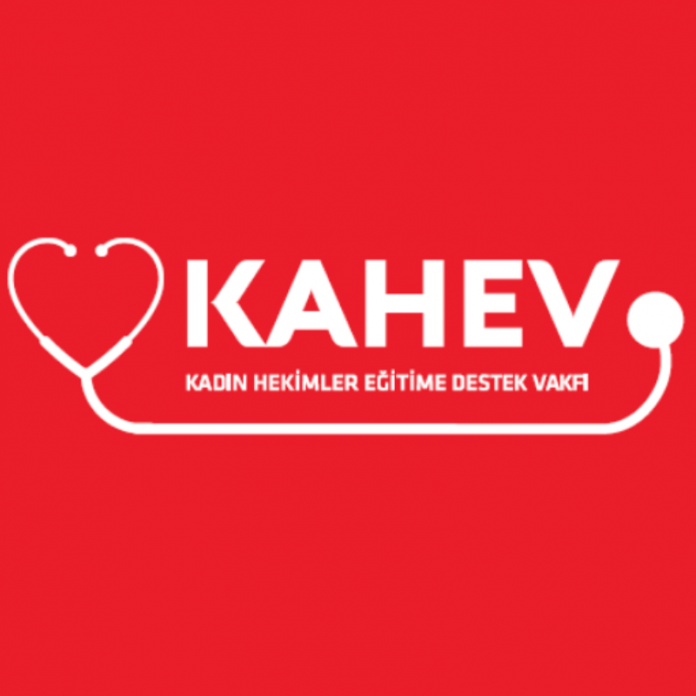Katar Üniversitesi tarafından düzenlenen ve İnternet ortamında gerçekleştirilecek olan “The Impact of COVID-19 Pandemic on Higher Education Worldwide: A Student Perspective” isimli uluslararası seminere, KAHEV AKADEMİ kapsamında, Tıp Fakültesi ve Diş Hekimliği öğrencisi bursiyelerimize yönelik düzenlediğimiz Medikal İngilizce kursu ile hazırlanan, Bülent Ecevit Üniversitesi Tıp Fakültesi 4. Sınıf Öğrencisi Melek Kara, elemeleri büyük bir başarı ile geçerek söz konusu seminere davetli konuşmacı olarak kabul almıştır.
Türkiye ile birlikte İngiltere, Japonya, Rusya, Güney Afrika ve Katar’dan, ülkelerini temsilen birer öğrencinin seçildiği bu prestijli organizasyona katılım sağlayacak olan bursiyerimizle gurur duyuyor, KAHEV AKADEMİ çatısı altında kendisini hazırlayan, kursumuzun Değerli Eğitmeni, Bursa Uludağ Üniversitesi Öğr. Gör. Dr. Neslihan Önder Özdemir’e teşekkürlerimizi sunuyoruz.
Melek Kara’nın elemelerde yaptığı konuşması:
Higher education should prepare graduates during COVID-19 through accepting the pandemic as an examination that we can pass if we collaborate worldwide. As Dr. Arnaud Chiolero highlighted in the British Medical Journal with a manuscript titled “COVID-19: A Digital Epidemic”, stories of quarantine that arise from COVID-19 are everywhere. Thus, firstly, we should learn and disseminate accurate information on COVID-19 across the countries given that information without filtering is harmful, which may affect students’ psychology negatively. There is an urgent need to spread accurate information through social and media and strict precautions are needed. Second, we need safe online learning experiences, so higher education programmes should be tailored because we need inclusive steps in light of international cooperation. Third, existing inequalities that may arise from students’ personal or socio-economic factors may be more visible during online education. Each country should be aware of the inequalities. Fourth, challenges faced and happy experiences in higher education in each country should be shared because two heads are better than one.
Reference
Chiolero, A. (2020). COVID-19: A digital epidemic. BMJ, 368.
 Emirdag.NET.TR 6.899 üye Gruba Katıl Gruba üye olan herkesin uyması gereken kurallar. Grupta belirli bir seviyeyi korumak amacıyla bu kuralları koyuyoruz. Argo , küfür , küçük düşürücü… Emirdag.NET.TR 6.899 üye Gruba Katıl Gruba üye olan herkesin uyması gereken kurallar. Grupta belirli bir seviyeyi korumak amacıyla bu kuralları koyuyoruz. Argo , küfür , küçük düşürücü… |


